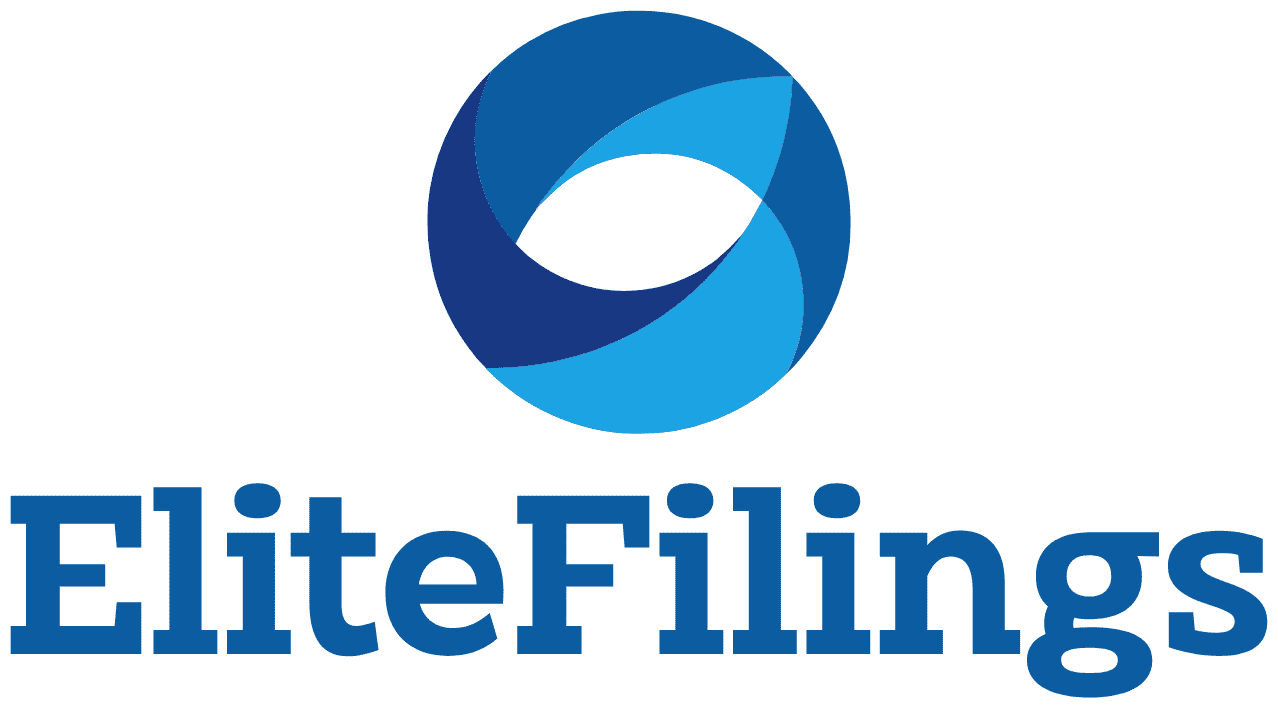
For 1099 contractors, filing quarterly taxes is essential to stay compliant with IRS rules and avoid significant financial consequences. Here’s why it’s important:
1. Self-Employment Tax Responsibilities
- Unlike traditional employees, 1099 contractors are responsible for paying both the employee and employer portions of Social Security and Medicare taxes, which make up the self-employment tax. Filing quarterly helps to manage this significant tax liability by breaking it down into manageable payments instead of facing one large bill at year-end.
2. Avoiding IRS Penalties and Interest
- The IRS requires self-employed individuals to make estimated tax payments throughout the year, with deadlines in April, June, September, and January. Missing these deadlines or underpaying can lead to penalties and interest, which can accumulate over time. The penalty rate is generally based on the IRS interest rate for underpayments, which may increase your tax debt substantially.
3. Managing Cash Flow and Budgeting
- Quarterly tax payments encourage contractors to stay on top of their income and expenses. Since contractors are responsible for calculating and setting aside a portion of their earnings for taxes, quarterly filings help establish disciplined budgeting habits. Planning ahead for these payments can prevent cash flow issues, ensuring that they have funds available when payments are due.
4. Preventing a Large Year-End Tax Bill
- By paying taxes quarterly, contractors can avoid the financial shock of a large tax bill at the end of the year. For those who wait until tax season to pay in full, the amount owed can be overwhelming and may strain financial resources, especially if personal or business expenses have already allocated most income.
5. Easier Year-End Tax Filing
- Regular quarterly filings streamline the year-end tax filing process. When contractors calculate and pay taxes throughout the year, they’re more likely to maintain organized financial records and deductions. This proactive approach simplifies the final filing process, reducing the risk of errors and allowing for a clearer view of their actual tax situation.
Consequences of Not Filing Quarterly
Failing to file quarterly taxes as a 1099 contractor can lead to serious consequences, including:
- Penalties and Interest: The IRS imposes penalties for underpayment or late payment of estimated taxes. These penalties can add up, especially if multiple payments are missed throughout the year.
- Increased Financial Burden: If quarterly taxes aren’t paid, contractors may face a substantial year-end tax bill that includes all missed taxes plus penalties and interest. This can create financial strain, potentially requiring loans or significant lifestyle adjustments.
- Difficulty Catching Up: Missed quarterly payments make it harder to get back on track. Without regular payments, contractors may struggle to pay off accrued debts, leading to a cycle of financial challenges that could affect both personal and business finances.
In summary, filing quarterly taxes is essential for 1099 contractors to avoid penalties, reduce financial strain, and manage their tax responsibilities proactively. By staying on top of estimated payments, contractors can ensure compliance and maintain a healthier financial outlook throughout the year.
